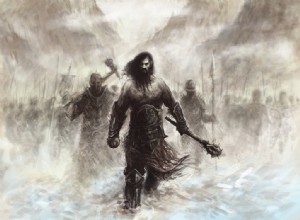Much has been written in recent years about Viking culture. Movies and television series have managed to arouse admiration for this fascinating culture that emerged overnight as a true Ragnaröki against European cultures, to, in the same sudden way, plunge into integration and oblivion. It did not d




